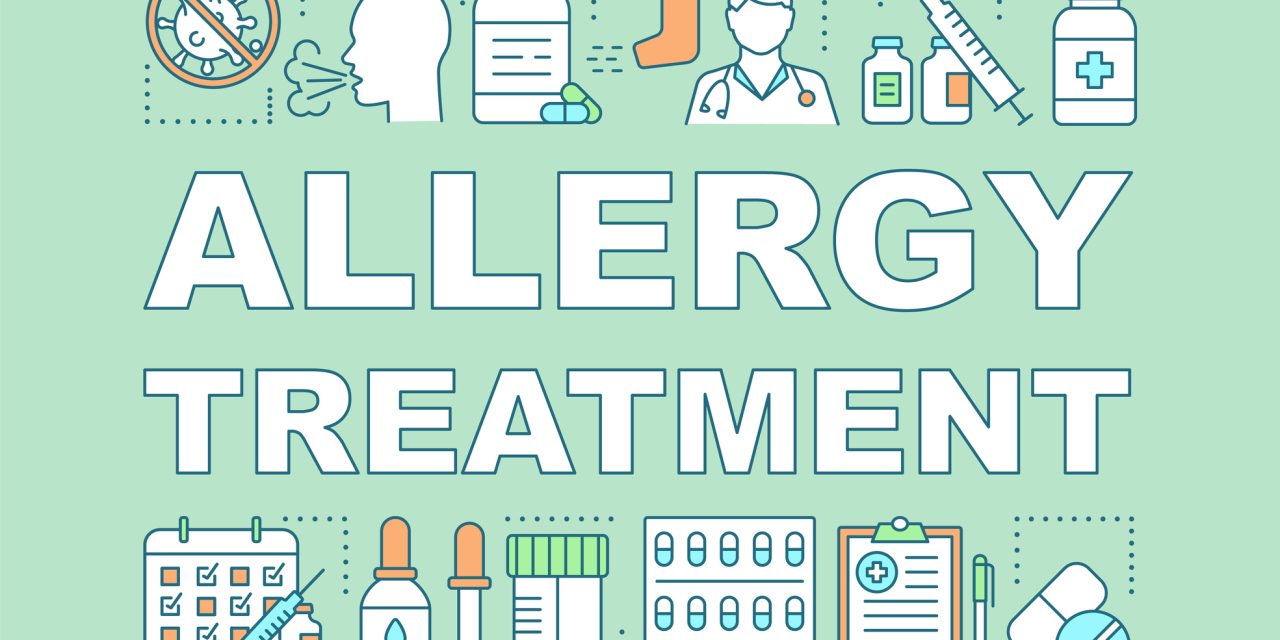Asthma is one of the most prevalent chronic respiratory diseases, which often leads to an emergency department visit. Prednisolone is the most commonly used corticosteroid in treatment of asthma exacerbation. Oral dexamethasone demonstrates bioavailability similar to that of oral prednisolone but has a longer half-life.
To evaluate in adouble-blind, randomised clinical trial the efficacy of different doses of dexamethasone versus prednisolone in controlling asthma exacerbations in children.
We recruited 60 patients with asthma exacerbation, aged 2-11 years. Participants were randomly divided into three groups (20 patients each). Group I received a single dose of oral dexamethasone 0.3 mg/kg (maximum 12 mg), group II received 0.6 mg/kg/day of oral dexamethasone for 2 days (maximum 16 mg/day) and group III received 1.5 mg/kg/day oral prednisolone for 5 days (maximum 60 mg/day). Our primary outcomes were changes in Paediatric Respiratory Assessment Measure (PRAM), eosinophilic count and serum immunoglobulin E on day 5. Secondary endpoints were reporting any adverse effects and relapse rate during the 5 days. After 30 days, the Asthma Therapy Assessment Questionnaire (ATAQ) was given to the parents of the recruited patients.
Among the three study groups, there was a highly statistically significant difference in IgE level, saturated oxygen, peak expiratory flow, forced expiratory volume in 1 s/forced vital capacity, PRAM and Modified Pulmonary Index Score; however, the eosinophilic count was significantly lower within the same group. Vomiting, gastrointestinal tract cramps, ATAQ and relapse rate showed a non-statistically significant difference.
Single-dose dexamethasone was at least as effective as 5-day course of prednisolone in controlling asthma, while dexamethasone for 2 days was non-inferior to 5 days of prednisolone in children with asthma exacerbation.
© European Association of Hospital Pharmacists 2020. No commercial re-use. See rights and permissions. Published by BMJ.
Two regimens of dexamethasone versus prednisolone for acute exacerbations in asthmatic Egyptian children.


